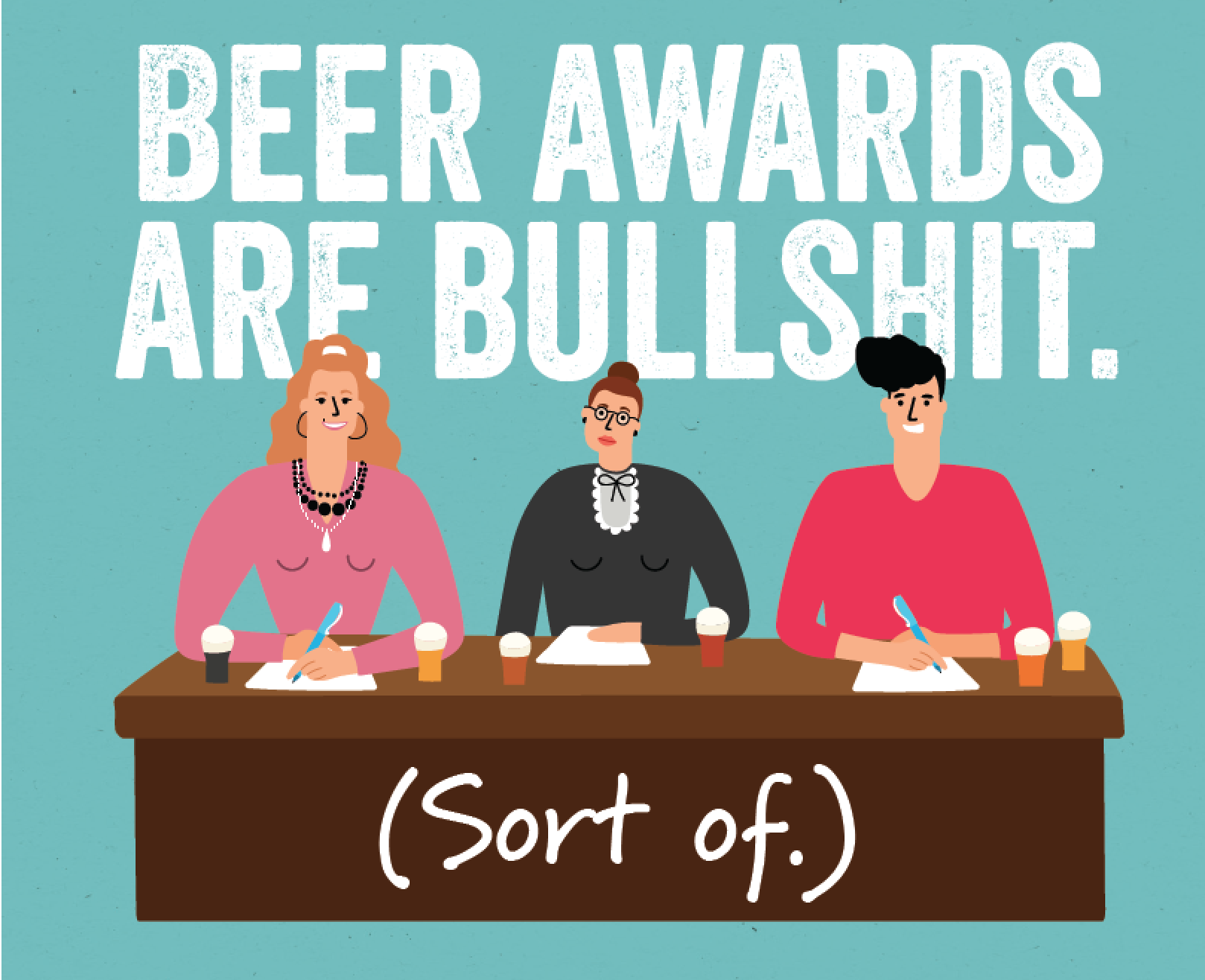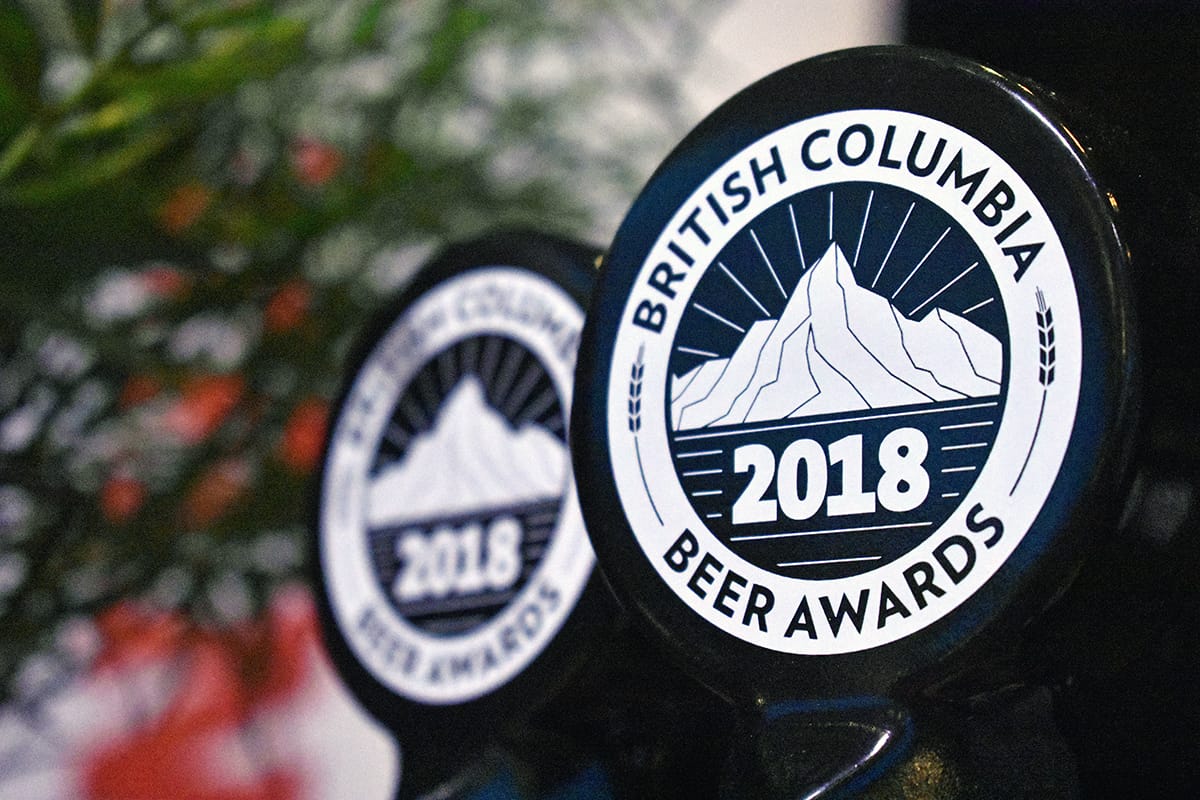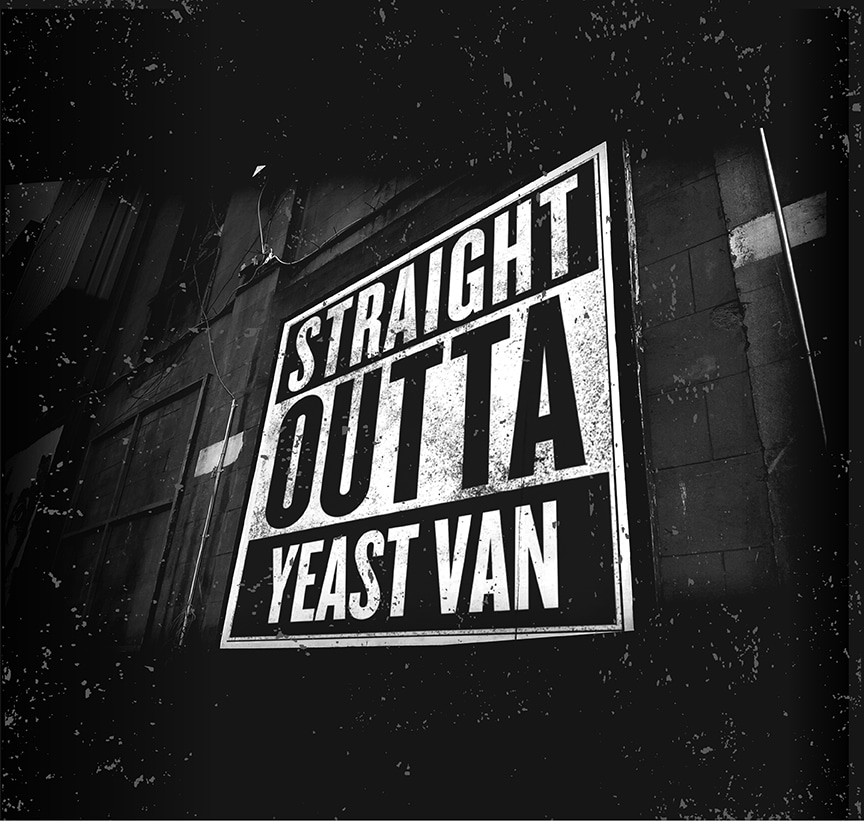
The BC Beer Awards are coming up again, and with them another annual beer nerd tradition: the debate over whether beer awards are total bullshit or not.
As a brewer who has won maybe the biggest award in Canada (Dageraad was the Canadian Brewing Awards 2018 Brewery of the Year—buy our beer!) I am in a position to say this: beer awards are bullshit.
Sort of. To a certain extent. But I like them anyway and there are good reasons we should keep doing them.
The most common complaint from beer nerds is when a beer they know isn’t very good beats a beer they know is a very good beer. Well, there are several reasons that happens.
The actual liquid
Unfortunately, judges can’t judge the platonic ideal of a beer, they’re stuck judging the actual liquid they have in the glass in front of them. A beer might be totally amazing served fresh on draught at the brewery, but who knows what condition it was in when it was judged?
Samples for local beer awards are generally submitted just a few weeks before judging begins, but beers heading to national and international awards are entered months in advance and the beer has to travel, sometimes across continents, in which case a brewery’s skill at packaging comes into play in a big way. Maybe the beer tasted great going into the can, but the judges might have tasted a very different beer after three months in transit and storage.
Also, every brewery has a certain amount of batch-to-batch variation in their beer. You might remember an amazing batch of a beer and the judges might be given one that’s just okay.

Style categories
This is a big one. I’ve heard beer nerds say that the existence of styles totally invalidates beer awards. Who cares whether a beer matches its style category? All I care about is whether it tastes good, so why not just pick the most delicious beer?
Well, awards need categories. You can’t just have a free-for-all where pilsners compete against fruited sours and barrel-aged stouts and expect to have intelligible results. Beers have to be categorized to compete against like beers, and they have to at least vaguely resemble the style category they’re submitted to, so you don’t end up with a hazy IPA being named best kolsch of the year.
A good beer judge will give a decent amount of latitude to professionally brewed beers when it comes to adherence to style. As long as the beer is in the ballpark of the style, the most delicious beer in that style should win, even if it’s not a perfect example of the style.
That said, the existence of style categories really does screw over certain beers. Some totally delicious beers never win awards just because there isn’t a good category for them to fit in. Brewers often have to choose between entering their oddball beer in a category it doesn’t fit, or in one of those catch-all categories for experimental styles, where it’ll end up getting drowned in the flood of imperial pumpkin stout and pickle brine gose.
Judges are human
Alas, yes, beer awards are judged by human beings. An award is only as good as its judges and some awards have better talent pools of judges to draw from than others. Not every judge is a certified or experienced judge.
Many years ago, I volunteered to help pour samples at the B.C. Beer Awards and I ended up getting promoted to judge for a day because not enough qualified judges had shown up. At the time I was an enthusiastic beer nerd, but I had no off-flavour training and zero judging experience, and there I was, judging the work of experienced professionals.
Even experienced judges are flawed pieces of sensory apparatus. Every human has blind spots in their palate, and we’re notoriously difficult to keep accurately calibrated. A strong-tasting beer can linger on the palate and affect how we taste the next beer, and an oncoming cold or flu can make things taste funny for days before we start feeling sick. And after a day of sniffing and slurping tiny cups of beer, mistakes can creep in. Palates get fatigued and weary judges will sometimes rush the job.
The result is that very good beers, (or at least beers that are usually very good) often lose. Judging is done in rounds, and if one judge in one of the rounds doesn’t totally love a beer, it’s knocked out of contention.
At the same time, rounds of judging mean that it’s quite rare for a bad beer to win an award. It’s easy for one judge to make a mistake and disqualify a good beer, but it’s exceptionally rare that multiple groups of judges will make a mistake and declare a bad beer to be a winner.
Now you’re thinking about that one time a beer you know is bad won an award. Well, I’d say that you should probably give that beer another taste, because in order for a beer to win, a whole bunch of judges have to agree that it’s good.
If awards are flawed, what’s the point?
If you’re looking for someone to tell you what beer you’re going to enjoy the most, beer awards aren’t super useful. Nobody else’s palate is quite like yours and you can’t expect judges to exactly match your tastes.
But beer awards are great for pointing out beers and breweries that are worth checking out. Beer is judged blind, so the judges aren’t influenced by breweries reputations or by cool labels and branding. Some of the best beer is brewed by breweries that aren’t exactly fashionable, and beer awards can help to cut through the hype and identify some of the diamonds in the rough.
So this year, don’t succumb to the temptation to argue with the results of the B.C. Beer Awards. You probably won’t agree with the exact ranking the beers are given, and that’s okay. It’s best to take the results a suggested drinking list, rather than a definitive ranking of B.C.’s beer. There are going to be many, many excellent B.C. beers that don’t make the list, but there are also going to be a lot of very good beers on that list that you’ve never tried, as well as a few beers that are better than you remember them being, and maybe worth a second try.
If your favourite beer didn’t win an award, that doesn’t mean it isn’t an excellent beer. Any beer or brewery’s absence from the list doesn’t really say anything. There are a lot of reasons beers don’t win awards, some of which have nothing to do with the beer.
-
Ben Coli is the owner and founder of Dageraad Brewing in Burnaby.




